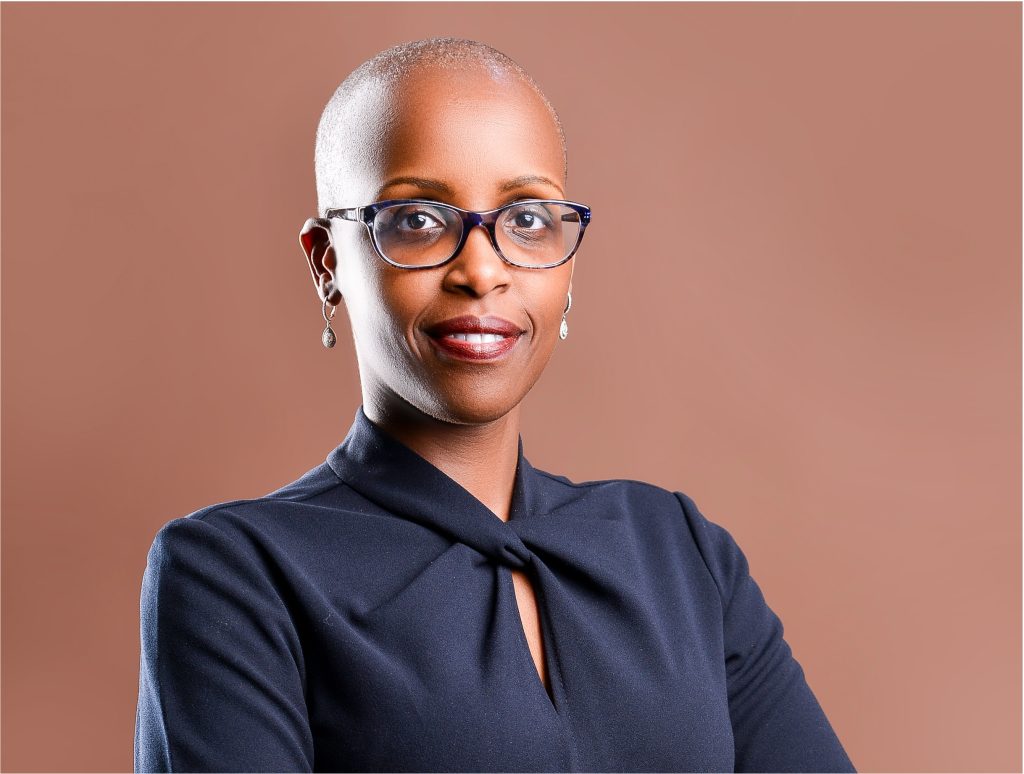By Phyllis Migwi
Artificial intelligence is no longer futuristic it’s here, shaping how we live and work. In healthcare, the potential goes far beyond gadgets in hospitals. AI can save lives, cut costs, and make quality care accessible to more people.

Across Africa, access to healthcare is uneven. In Kenya, rural families often travel hours to reach a hospital. Even in cities, patients face long waits and overstretched staff. This is where AI could make a real difference—by enabling virtual consultations, smarter diagnoses, and faster decision-making. Studies suggest that digital adoption could save billions, freeing up resources to expand access.
First Things First: Infrastructure
Before AI can transform healthcare, we must fix the basics. Reliable electricity and internet are essential. Without them, advanced tools simply won’t work. Data is another missing link. COVID-19 showed how weak data systems left Africa underestimating the true toll of the pandemic. Strong local data and modern datacentres are the fuel AI needs.
Investments geared towards solving the connectivity challenge will go a long way in helping to provide a basic level of healthcare. But connectivity isn’t just about bridging the digital divide; it’s also a foundational step toward enabling AI adoption. Think of AI as the engine, and datacentres and compute resources as the fuel. Without robust infrastructure, the possibilities of AI in healthcare remain out of reach.
As it stands there is a dire lack of accessible local healthcare data needed to fuel AI innovation. COVID-19 exposed glaring gaps in Africa’s healthcare data systems. In fact, reports suggested that these deficiencies led authorities to underestimate excess deaths by a staggering 14 times.
Technology is useless without people who can use it. Kenya has started to address this through initiatives like the Africa Centre of Competence for AI, which trains public servants in digital skills. But government efforts alone won’t be enough. The private sector must help expand training, link it to jobs, and reach communities that risk being left behind.
Collaboration is the Cure
AI in healthcare isn’t just about better patient outcomes. It’s about building healthier, more resilient populations that drive economic growth. The opportunity is huge but only if we work together. With the right infrastructure, skills, and partnerships, Kenya can lead the way in showing how AI can turn healthcare from a privilege into a universal right.






